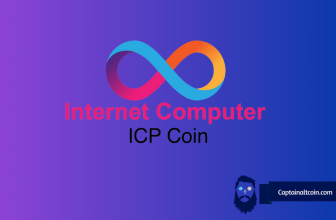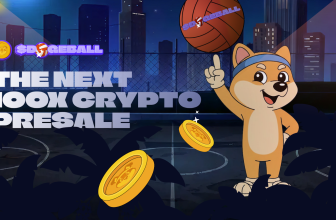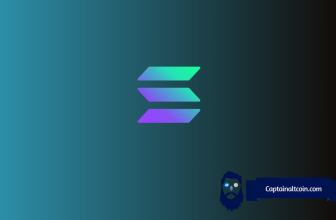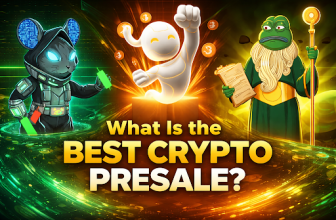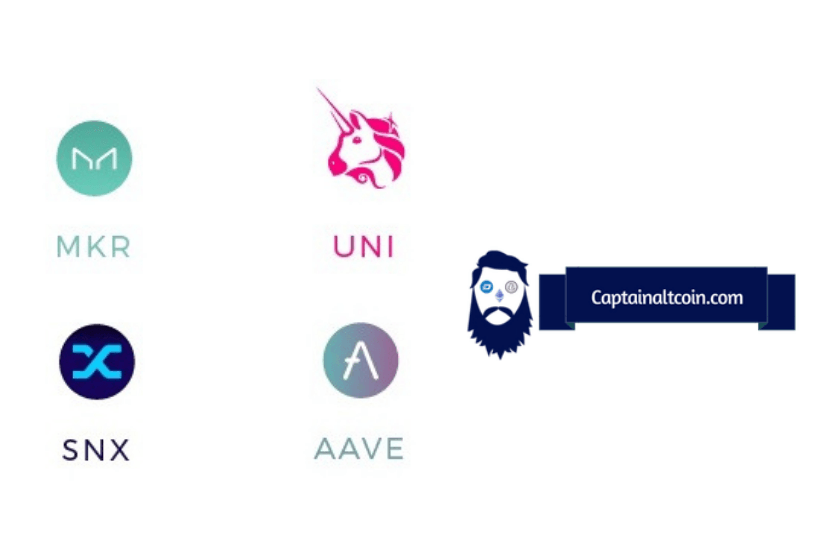
The whole point of decentralized finance is that no person or organization can make arbitrary decisions about the future behavior of a project. No shady middlemen or greedy profiteers can dictate the rules.
There are several ways to accomplish decentralization depending on the Consensus Mechanism used to secure and manage the underlying network. For startup Defi projects, governance tokens can fund, nurture, and help govern a project in its early days. This is how it works.
What you'll learn 👉
Consensus Mechanisms
Proof of Work (PoW) guarantees that rational actors involved in the network do nothing to harm the network and therefore themselves. The sheer cost of mounting a 51% attack against Bitcoin far outweighs the benefit, so it doesn’t happen. These ideas are based on game theory, more of which later.
The other common consensus mechanism, Proof of Stake (PoS), relies on network operators investing real value in the network to earn financial interests and voting rights. They might spend valuable ETH to buy a share of the network in the form of governance tokens. Game theory ensures that it’s so expensive to buy enough votes to control the network, that the costs would far outweigh the benefits.
Humanity’s largest and most secure computer network is the Bitcoin Network. It’s a trillion-dollar entity, so for sure people have tried breaking it, and will continue to do so. It continues to be protected by the PoW consensus mechanism and is the gold standard for robustness. Never forget that Bitcoin is the most decentralized network of them all.
More or less everything else DeFi lives on the Ethereum blockchain, borrowing its robustness from the massive Ethereum network effect. Now, if you’re going to raise money for a project, you need something to sell – I give you, The Governance Token!
Governance
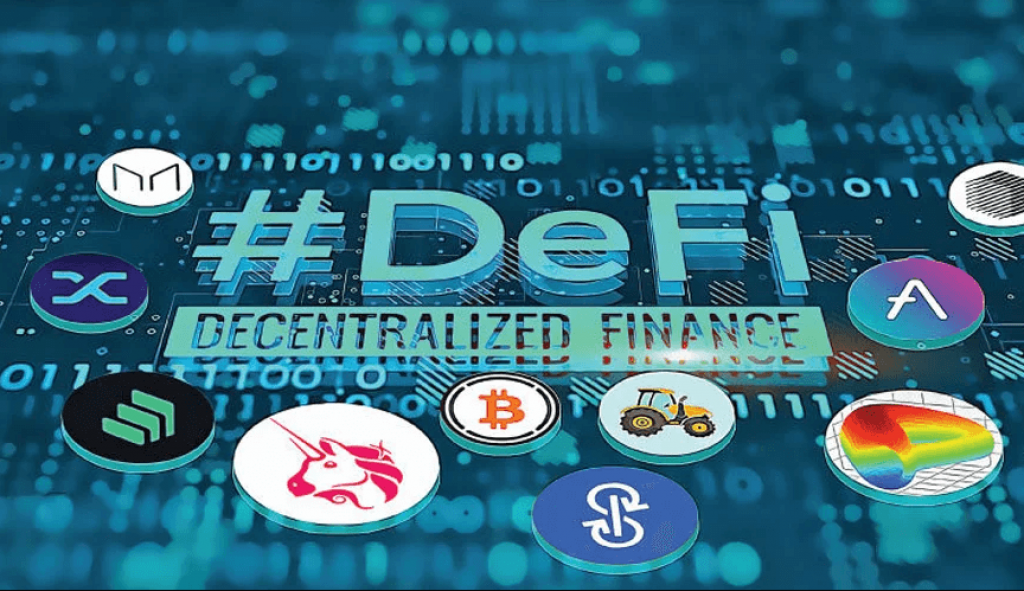
Why do we need governance? Easy! Economics is not a science and game theory is merely an analysis of idealized models of behavior. People, money, and rules interact in dynamical, non-linear, chaotic systems. You cannot predict the outcome of a set of interacting rules until you implement them in the real world. It’s impossible to design a complex economic ecosystem and know exactly how it will behave in an, as yet, unknown financial environment.
A successful system must be able to react and adapt or it will be swept away by external events. Market crashes, newly implemented government regulations and laws, hacks and software frailties – governance is how a network can take decisions and evolve without ceding power to a third party. Governance Tokens facilitate essential decision-making without centralizing the process.
But What Do I Get Out of It?
Apart from that warm feeling that you’re helping humanity progress towards a beautiful future, you get Airdrops. Yup, you get free stuff, oh and some voting thingy and lots of upside if it all goes to the moon.
Seriously, nobody ever told me that they came for the governance but stayed for the free token drops that projects gift their investors. Again, that’s game theory in action. It doesn’t matter why investors come, they’re providing the very liquidity that justifies them being there in the first place.
It’s a peculiar symbiosis, the outcomes of which are not yet fully understood. It all sounds very circular to me, and I suspect it may not all run as smoothly as hoped. But the governance token consensus model might come to the rescue in times of unforeseen peril. That’s its key strength.
Governance Tokens to Own

- Uniswap (UNI) is the original and best of the breakthrough DeFi token swap sites. UNI is traded on several exchanges and is now an investment in its own right, and not just a token allowing access to the Uniswap decision-making process.
This is what happens when a project gets beyond a certain size. In the case of UniSwap, the exchange has become less important than the governance token. After a successful launch and if a project reaches orbit, the value invested in the token will ensure the continued success of the underlying network. It kind of flips!
- Synthetix Network Token (SNX) is another token attached to an innovative crypto exchange. Synthetix tokenizes assets like commodities and stocks, and creates derivatives called “Synths”. If the exchange does well, the token will follow the same trajectory, and will also do well.
Here’s why it’s interesting. You don’t even have to know what a derivative is, let alone use their exchange, to justify owning their token. Just the knowledge that they are well funded, well run, and their timing is good is enough to speculate with SNX tokens.
- Maker (MKR) is another old-school DeFi innovator. They mint the DAI stablecoin, amongst other things. The MKR token buys access to the voting dashboard through which collective decisions are made. Even if you never intend to get involved in the decision-making process, MKR has lots of potential to be realized.
- Aave (AAVE) is one of the leading DeFi borrowing and lending platforms. Their native token is AAVE which is used to reward investors who lend their money to the project. It’s a three-and-a-half billion-dollar company that is still at less than half its all-time high.
- Sushi (SUSHI) is a competitor to UniSwap, but perhaps there’s enough room for more than one winner in the token-swap space. Their token reacts well when the market is rising because they have already crossed over from being a curiosity to being a substantial company with a market cap of more than one billion dollars.
- Other promising players in this field include BakerySwap (BAKE) and PancakeSwap (CAKE), both of which I bought just before they crashed this May. I have high hopes for the future, from these, however.
Conclusion and Thoughts
DeFi will probably stick around forever but we still don’t know what the killer apps will be. As long as a governance token is attached to a successful network, it should be a good investment. Picking those projects ten years out is a lottery, so I hold a small amount of most of the above tokens. Perhaps Injective Protocol or Synthetix could offer some DeFi index-tracking futures contracts?
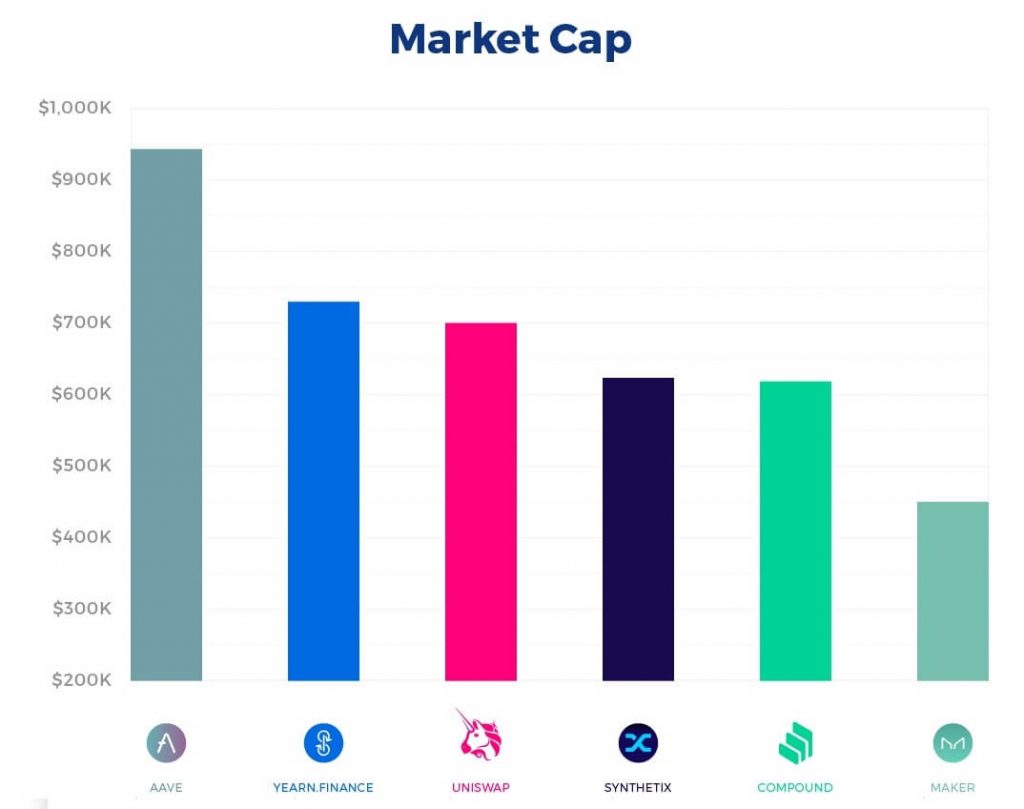
The Problems of Governance
Game theory is all well and good, but sometimes people don’t act in their rational self-interest. No really, it’s true, especially for large groups of people, and particularly on the internet. Ideologies, clans, religions, nations, tribes, Shibu Ina and Doge fans, the XRP army – even tacit membership of these groups distorts our self-interest.
Suppose we could mathematically distill a subjective concept like self-interest, we wouldn’t have a clue how to apply it to a chaotic consensus algorithm. The human race has been trying to govern itself for a couple of hundred thousand years, but we never managed a year without war, in the whole of history.
The crypto approach of “Don’t trust, Verify” seems like our best bet so far. I’m willing to go with it in the absence of anything better.
Rehypothecation
You start the project, ‘TotalBS Network’, and sell some of your governance tokens, TBS to raise operating capital. You now have 1 million bucks of ETH in your wallet, but there are now a million bucks of TBS in other people’s wallets. Your investors take those TBS tokens and lock them up in a lending platform in exchange for some interest and some newly minted WTaF tokens. Now there’s the ETH, the TBS, and the WTaF tokens. Rinse and repeat for the very worst results.
People in crypto complain about money printing for a very good reason. It never ends well – it’s bad JuJu. No real value is being created to underwrite the increase in currency. We all love a good bubble. After all, it’s how we funded the railroads and the internet infrastructure boom. But when it does all come crashing down, you’d better not be holding the tokens nobody wants.
Nobody Votes these Days
I’ve polled my crypto-buddies about the last time they participated in a vote. Very few ever had, and of the ones that did, they could not remember what the vote was about. They were just in it for the airdrops and giggles. I have to say, the idea that governance coins have anything to do with governance, is laughable – for most crypto-heads.
Read also:
- Uniswap Price Prediction 2021-2025 | UNI Forecast
- MakerDAO (MKR) Overview: A project that is quietly getting more and more valuable
- Aave Price Prediction 2021-2025 | AAVE Forecast
- Sushiswap (SUSHI) Price Prediction 2021 – 2025 – 2030
- Pancakeswap Review 2021 – Is Pancakeswap Legit & Safe?
- Top 10 Binance Smart Chain Projects – Best BSC DeFi Projects

